Productive use of AI requires the application of existing models to new applications through a process called transfer learning
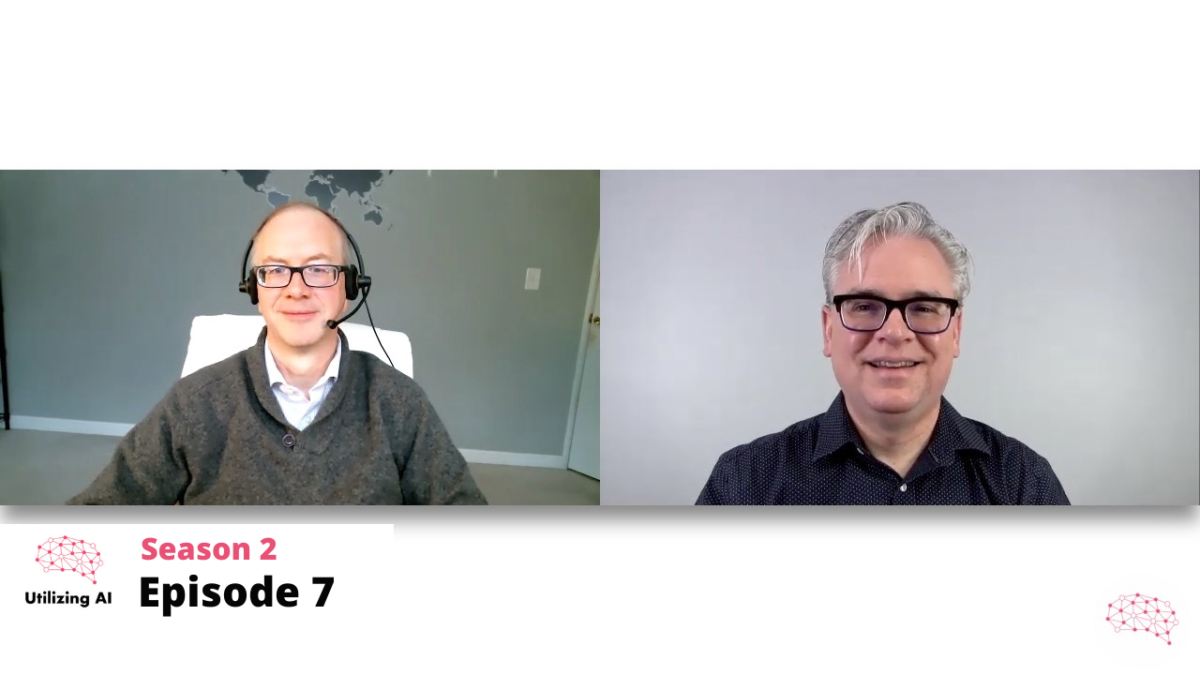

Productive use of AI requires the application of existing models to new applications through a process called transfer learning
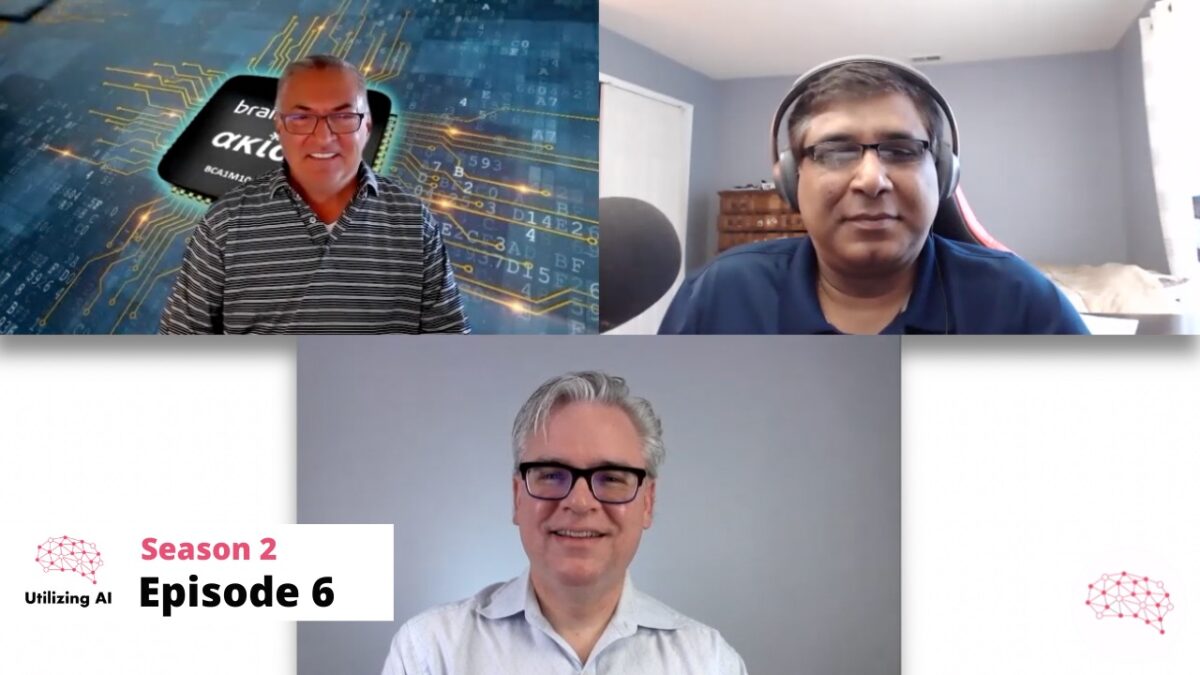
BrainChip is developing a novel ultra low power “neuromorphic” AI processor that can be embedded in literally any electronic device, rather than centralizing learning in high performance processors
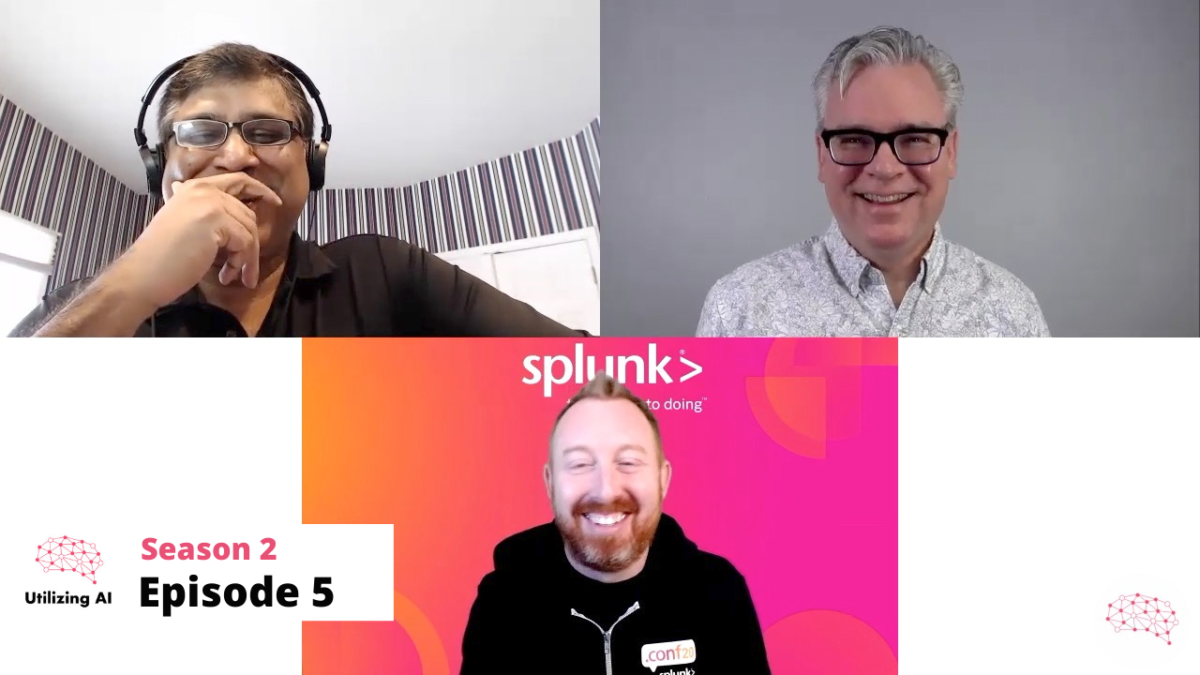
AI is impacting IT operations more quickly than expected, and companies like Splunk are leveraging it to augment staff capabilities
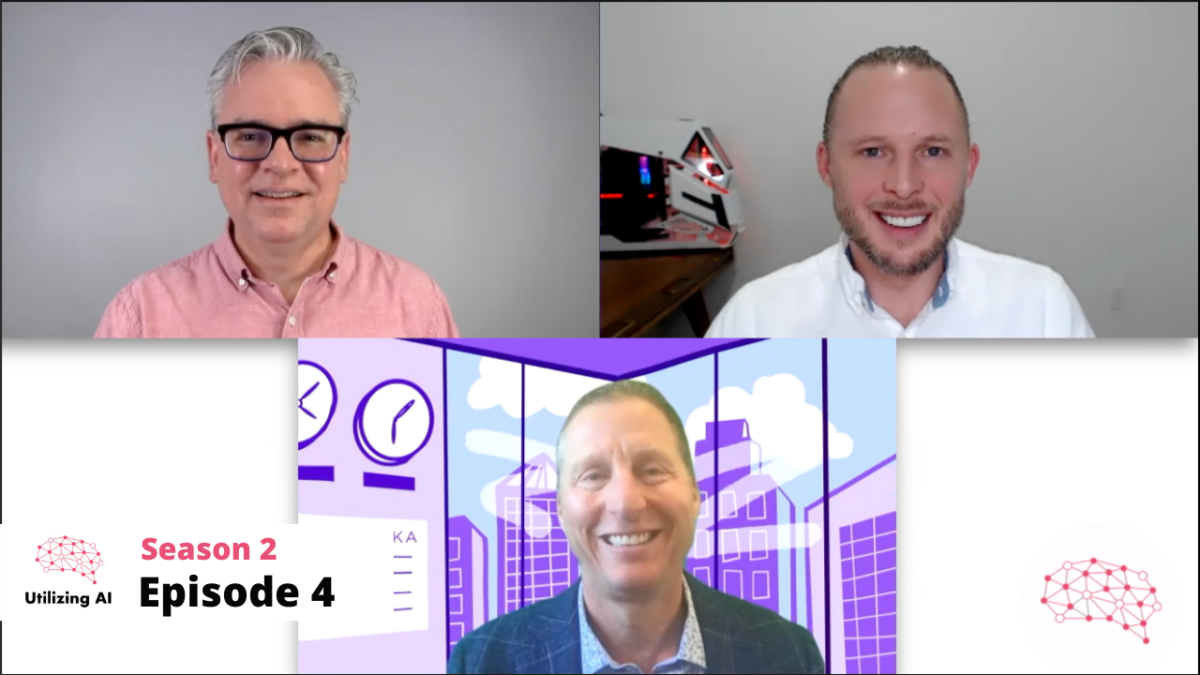
Ken Grohe of Weka discusses various business use cases for AI-enabled applications with Chris Grundemann and Stephen Foskett

Per Nyberg of Stradigi AI discusses “blue collar” AI applications with Stephen Foskett. What problems can businesses solve with AI technology? Machine learning can find anomalies and outliers in manufacturing and finance, look for relationships in data, and cutting through the complexity of multi-disciplinary data

There are many “last mile” items on the enterprise checklist, and companies are struggling to connect everything together
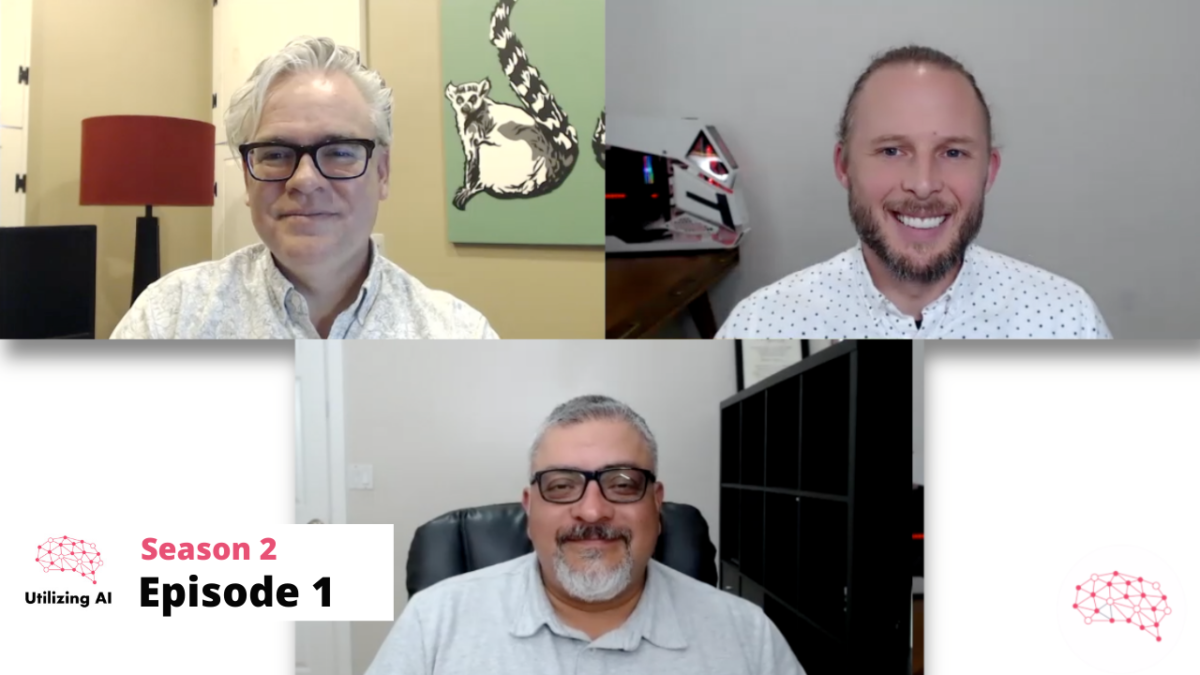
AI will be part of everything we do in the future, not replacing us but augmenting our work, and this is especially true in information security

Just as data analytics transformed business intelligence so is artificial intelligence transforming data science
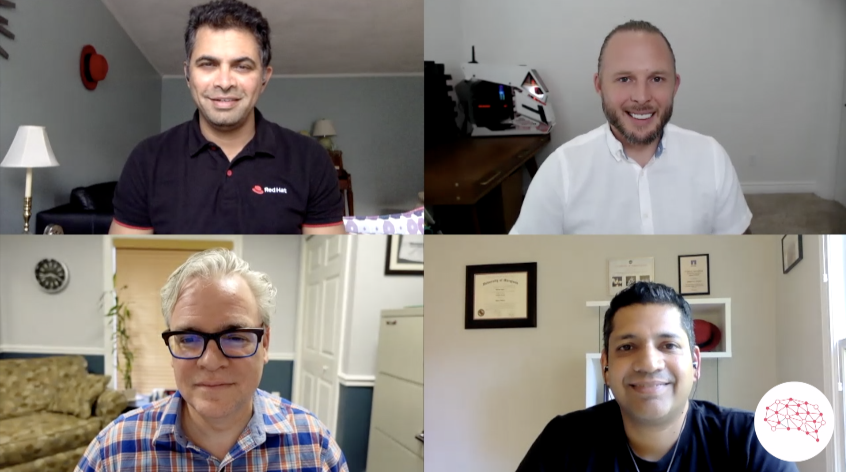
In this episode, we ask Red Hat about the platform requirements for AI applications in production

In this episode, Stephen Foskett and Chris Grundemann discuss the impact of AI on the future of work